Year-Round Bulbs – Planning A Bulb Garden For All Seasons
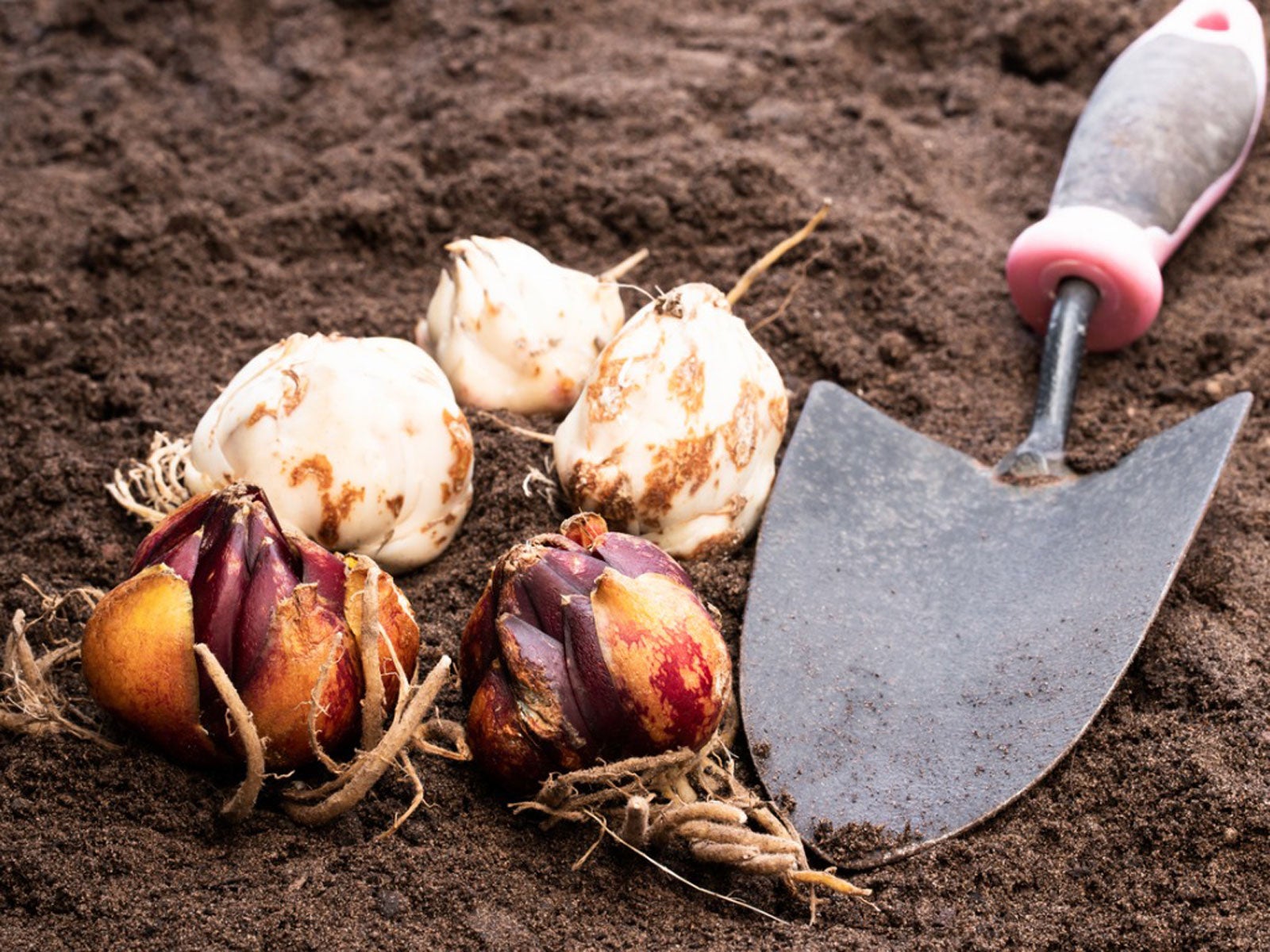

All season bulb gardens are a great way to add easy color to beds. Plant the bulbs at the right time and in the right ratios and you can have flowers blooming spring, summer, fall, and even winter if you live in a mild climate. You just need to know which bulbs to choose to keep the color coming.
Bulb Gardening Year-Round
To plant a year-round bulb garden, do a little research to find out which bulbs flower in which season. You’ll also need to consider your growing zone. Where a bulb is not hardy in winter, you’ll need to dig it out at the end of fall and overwinter indoors for the next year.
For instance, dinner plate dahlias, with their stunning and large blooms, flower in late summer and fall. They are only hardy, however, through zone 8. In colder zones, you can still grow these beauties but be aware of the extra work required to dig them up each year.
With research in hand, plan your beds so that the bulbs are spaced for continuous color. In other words, don’t put all the spring bulbs together and all the summer bulbs together on the other end of the bed. Mix them together for ongoing color.
Spring-Blooming Bulbs
For year-round bulbs, start planning for the spring. This means planting spring-blooming bulbs in the fall. Spring bulbs are the typical flowers most people think of when talking about bulbs:
- Allium
- Anemone
- Bluebells
- Crocus
- Daffodil
- Dutch iris
- Fritillaria
- Grape hyacinth
- Hyacinth
- Narcissus
- Reticulated iris
- Siberian squill
- Snowdrops
- Tulip
Summer Bulbs
Well planned all-season bulb gardens continue into summer. Plant these in the spring. Those not hardy in your zone will need to be dug up before winter.
Fall-Flowering Bulbs
Plant these fall bulbs around midsummer, a little sooner or later depending on the local climate:
Gardening tips, videos, info and more delivered right to your inbox!
Sign up for the Gardening Know How newsletter today and receive a free copy of our e-book "How to Grow Delicious Tomatoes".
In warmer climates, try growing bulbs even in winter. Narcissus, which many people force indoors, will bloom outside in winter in zones 8 through 10. Also try snowdrops and winter aconite.

Mary Ellen Ellis has been gardening for over 20 years. With degrees in Chemistry and Biology, Mary Ellen's specialties are flowers, native plants, and herbs.
-
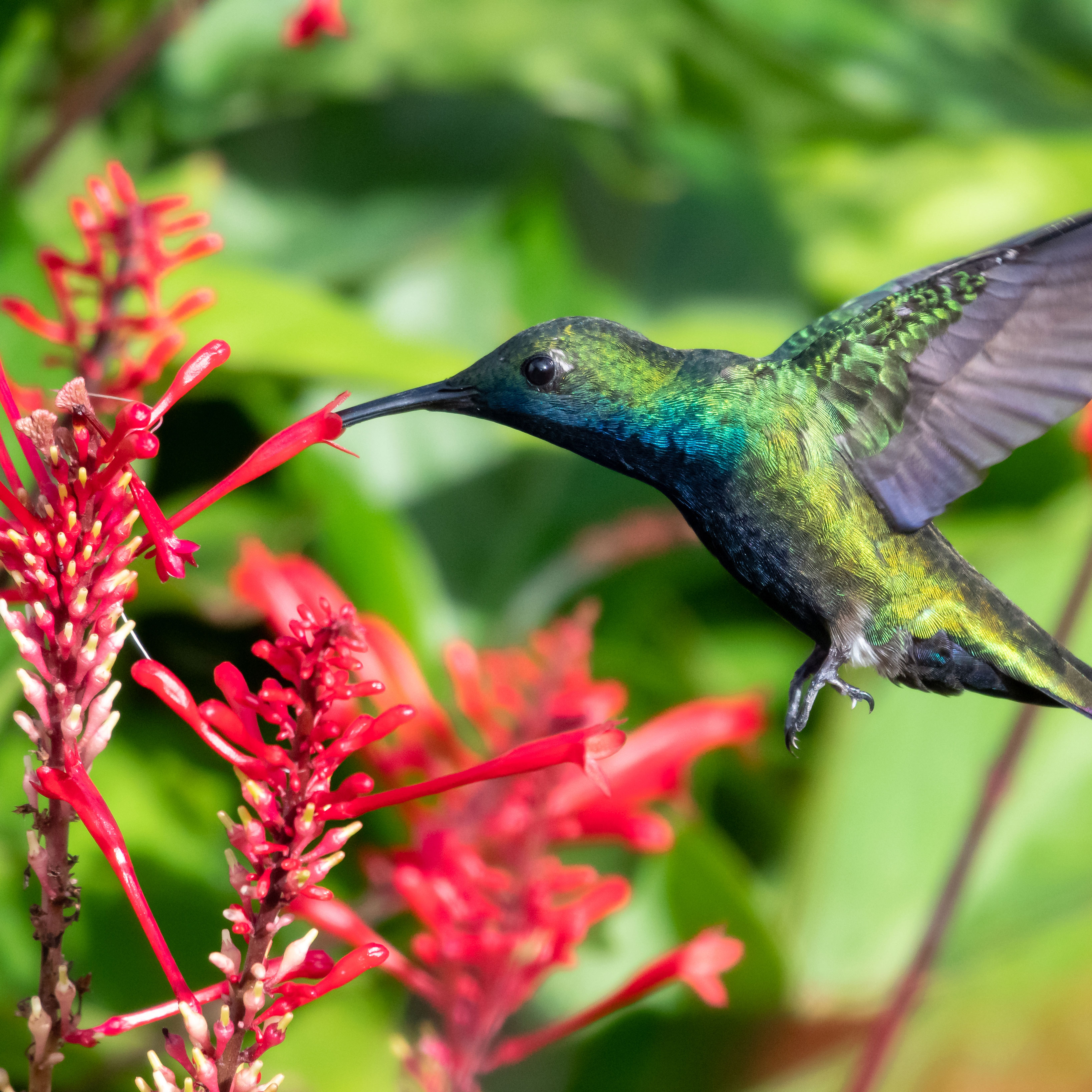 Terrifically Tubular Flowers For Hummingbirds: 9 Tube-Flowered Plants To Attract Hummers
Terrifically Tubular Flowers For Hummingbirds: 9 Tube-Flowered Plants To Attract HummersGrowing tubular flowers for hummingbirds helps you create the optimum feeding conditions for your winged friends. Here are nine tubed delights for hummers
By Tonya Barnett
-
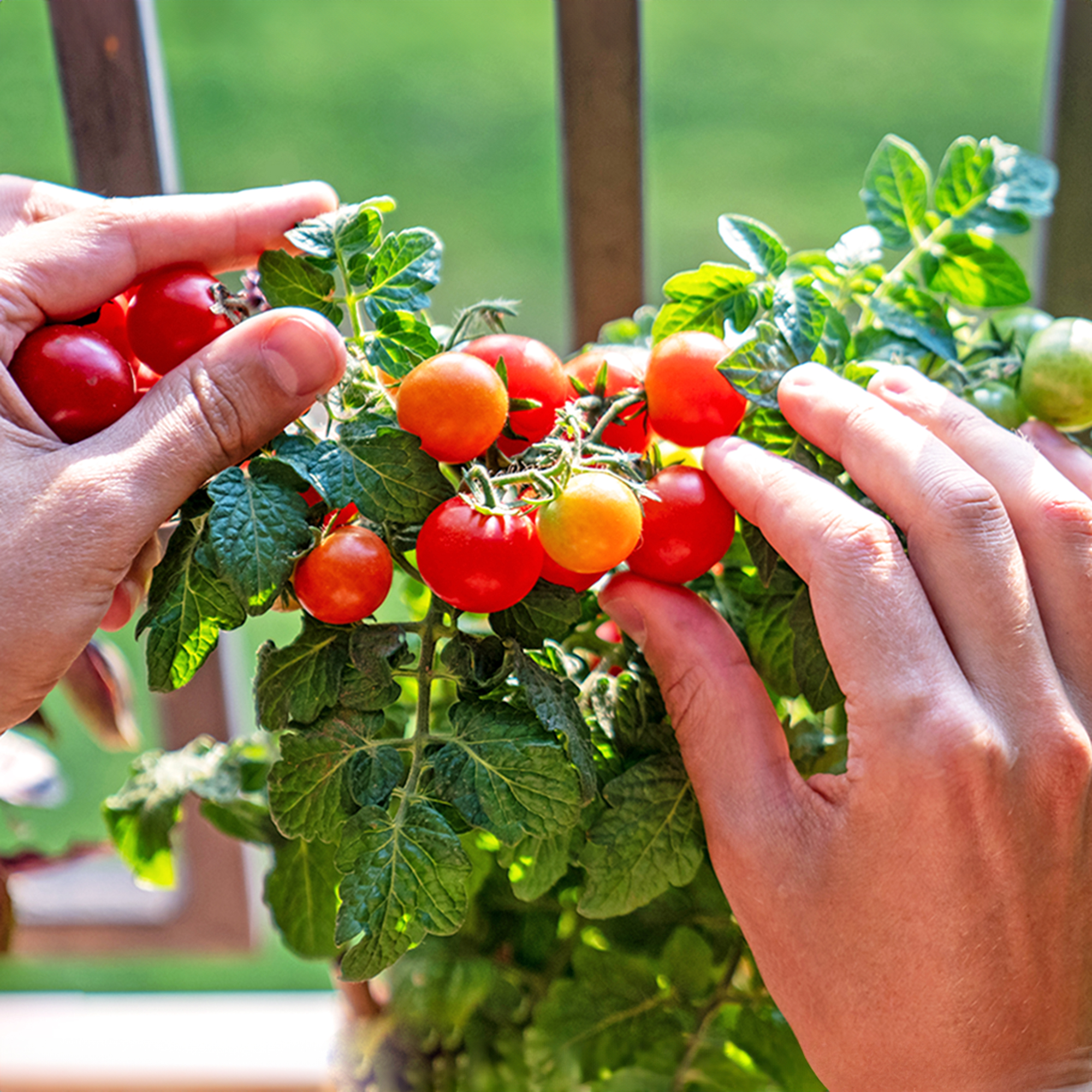 How To Grow Hydroponic Tomatoes For Fresh Indoor Harvests – No Soil Required
How To Grow Hydroponic Tomatoes For Fresh Indoor Harvests – No Soil RequiredLearning how to grow tomatoes in water is easy and allows you to harvest fresh-home-grown produce in every season without any mess.
By Ellen Wells
-
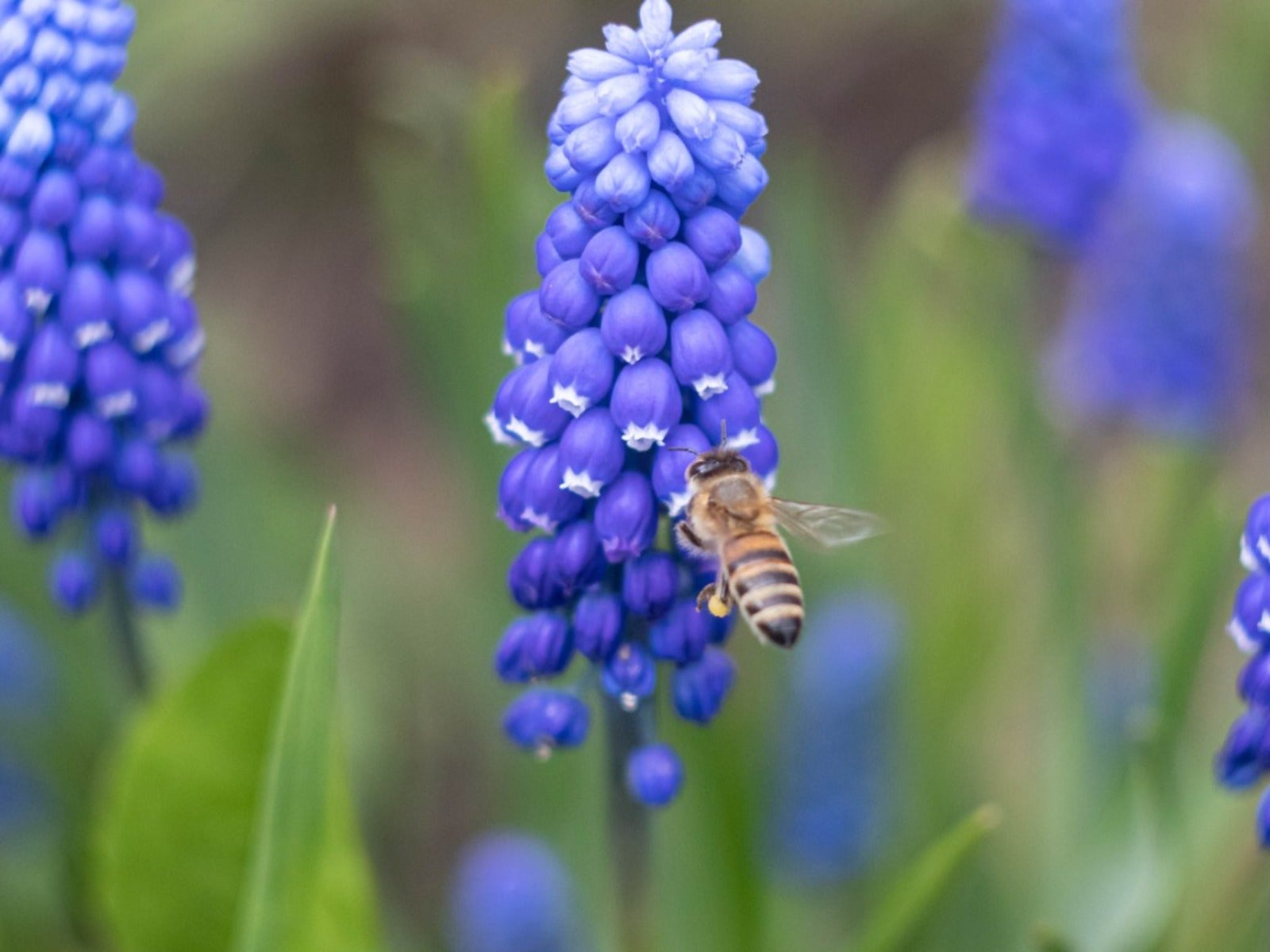 Pretty Spring Bulbs For Pollinators
Pretty Spring Bulbs For PollinatorsWhat are the best flowering bulbs for pollinators in spring? Click here to find out.
By Mary Ellen Ellis
-
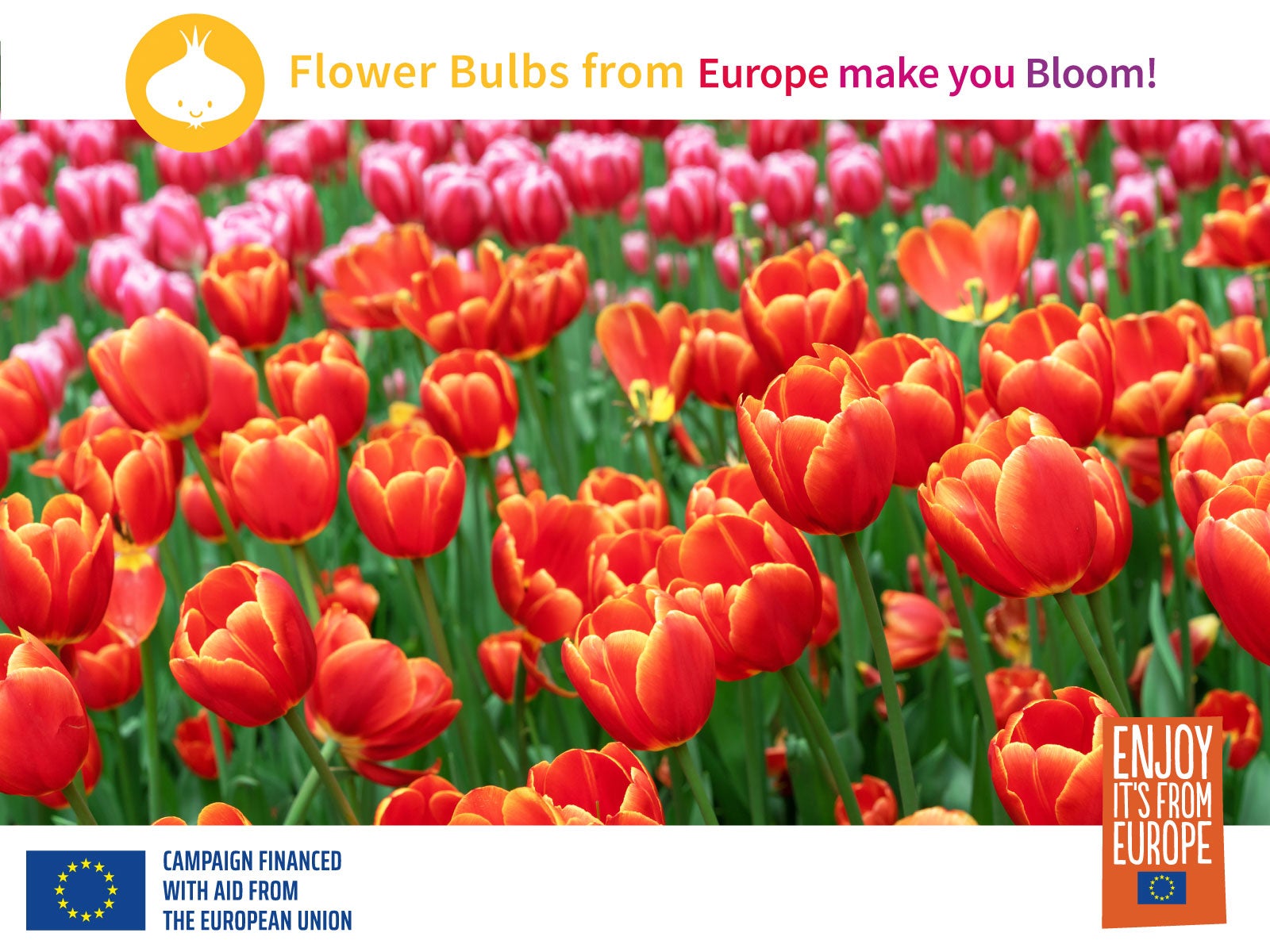 Grow An Early Spring Flowering Bulb Lawn
Grow An Early Spring Flowering Bulb LawnWant a lawn that nourishes pollinators, never needs weeding, and grows more beautiful every year? We have the lawn for you. Click for more.
By Caroline Bloomfield
-
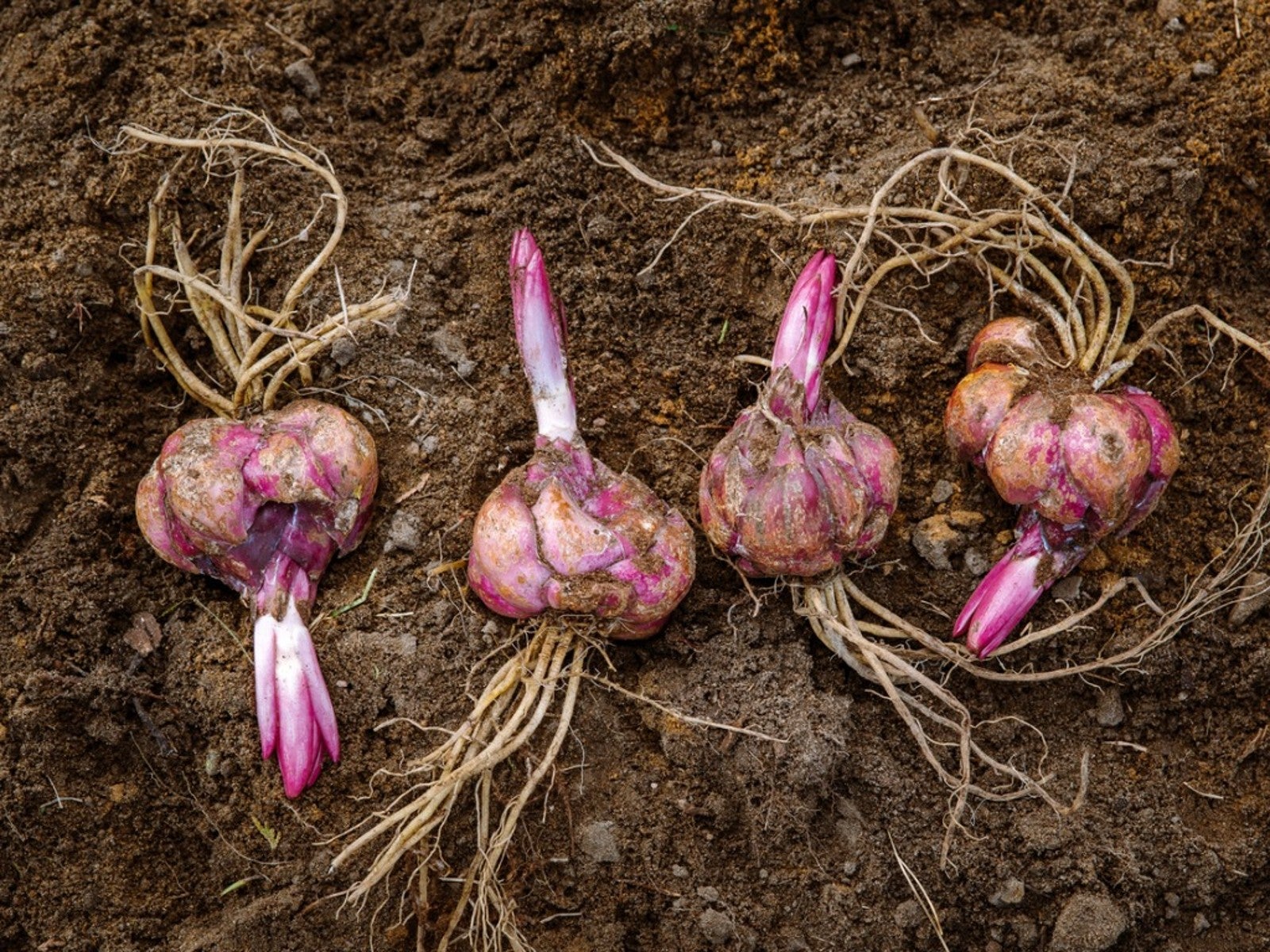 When To Dig Up Bulbs That Bloom In Summer
When To Dig Up Bulbs That Bloom In SummerClick here to learn when to dig up faded summer bulbs of some of the most common ornamentals grown.
By Tonya Barnett
-
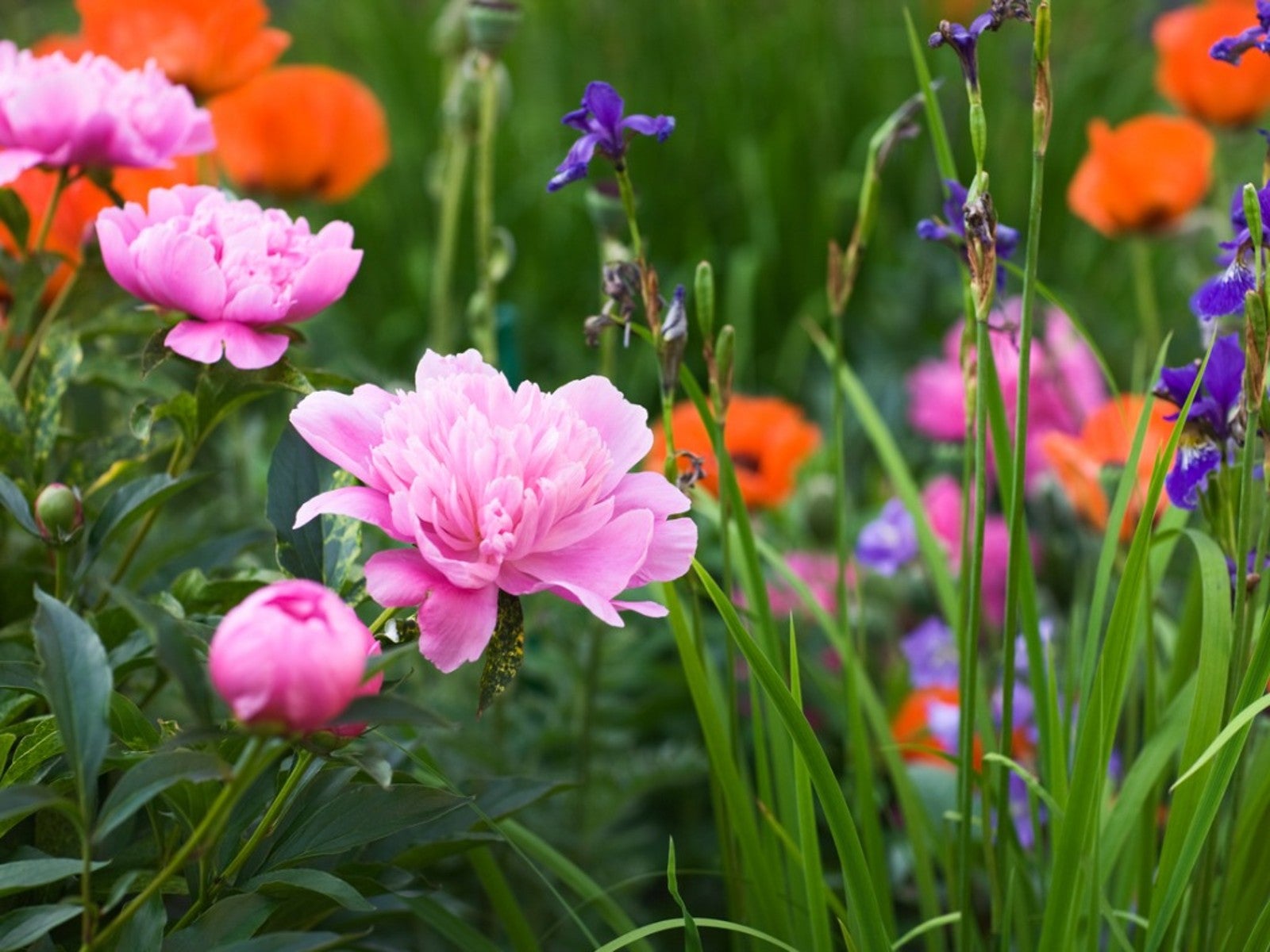 Corms, Tubers, And Bulbs That Are Deer Resistant
Corms, Tubers, And Bulbs That Are Deer ResistantWe love tulips, and so do deer! If you have hungry deer and you hunger for spring blooms, this article should help.
By Amy Grant
-
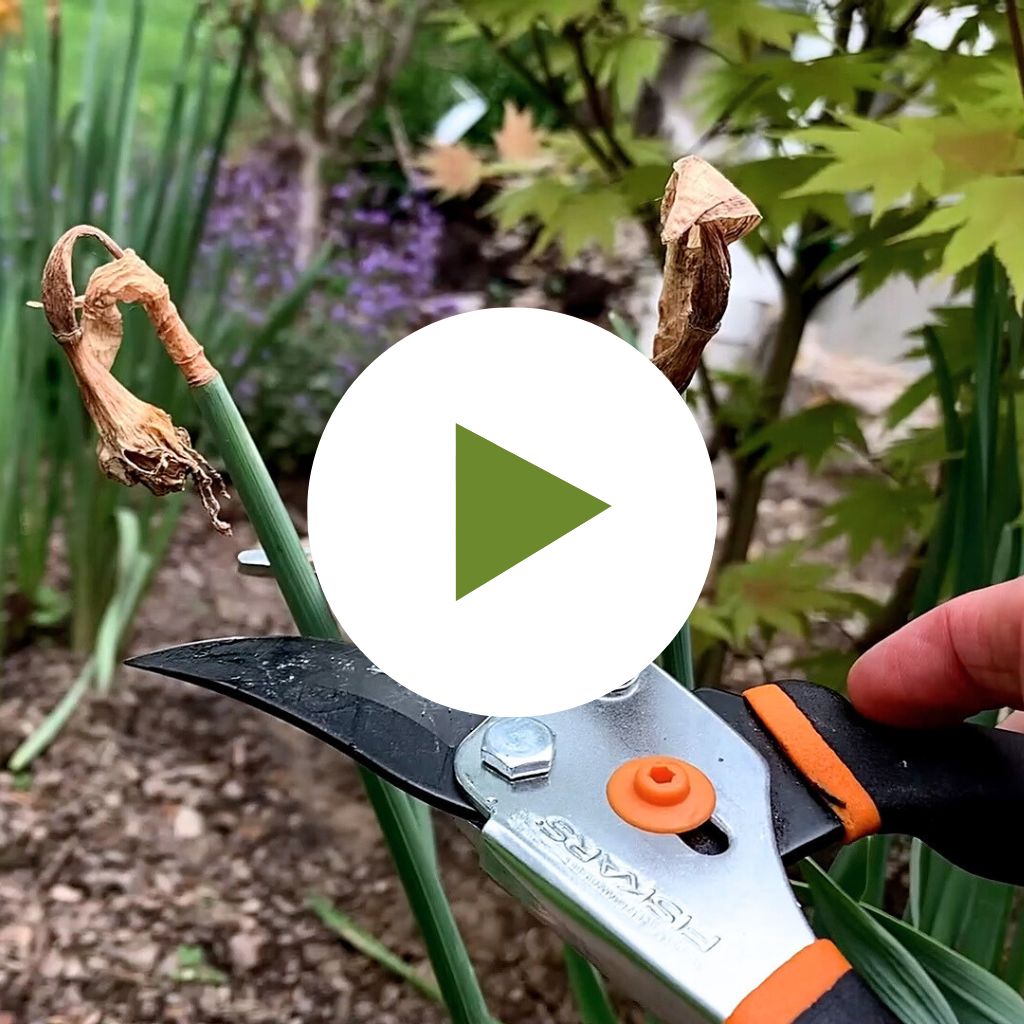 Care for Bulbs After Blooming
Care for Bulbs After BloomingIt's tempting to chop down the leaves after you bulbs have bloomed, but you have to resist this urge! Click to learn why.
By Amy Draiss
-
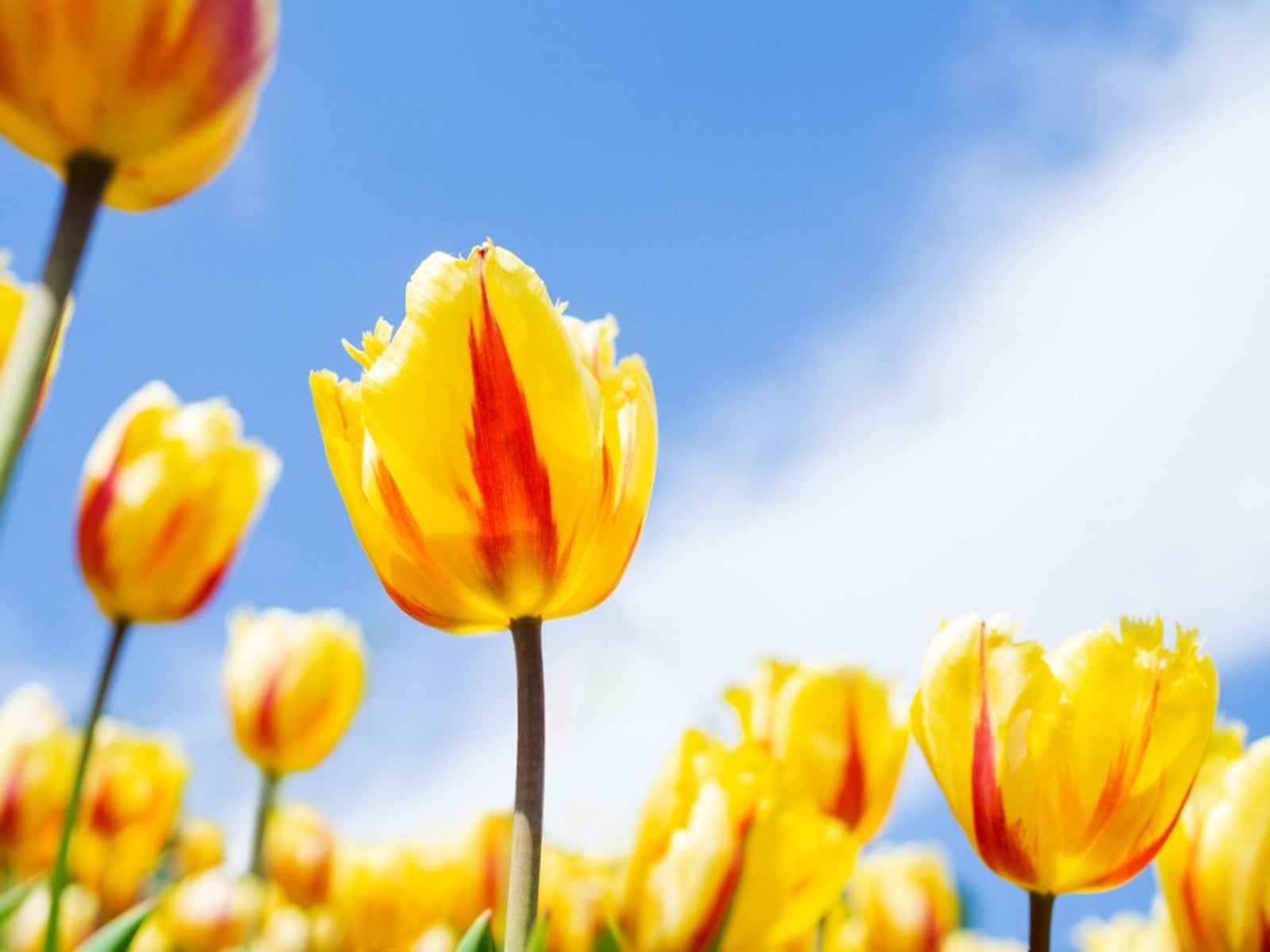 Best Spring Bulbs for Sun and Shade: Bulbs That Grow in Shade and Full Sun
Best Spring Bulbs for Sun and Shade: Bulbs That Grow in Shade and Full SunBulbs are beautiful harbingers of spring. Most flower bulbs thrive in full sun, but what if you have a shaded landscape? Read on for more.
By Amy Grant
-
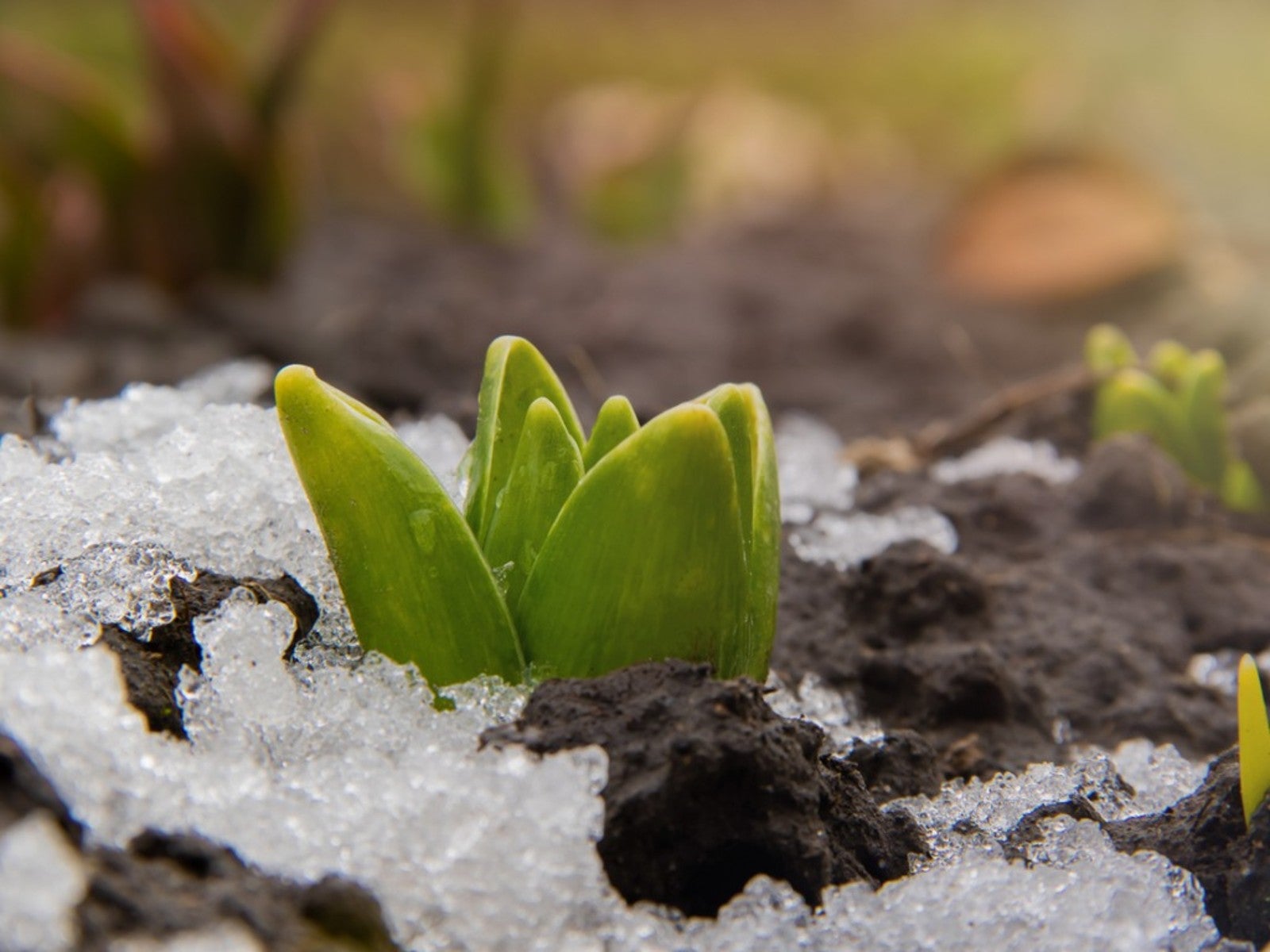 Bulb Life Cycle In Winter: What Bulbs Do For Months Under The Snow
Bulb Life Cycle In Winter: What Bulbs Do For Months Under The SnowDormancy in winter doesn't mean nothing is happening with bulbs. It just means you don't see any growth above the ground. Read on for more.
By Bonnie L. Grant
-
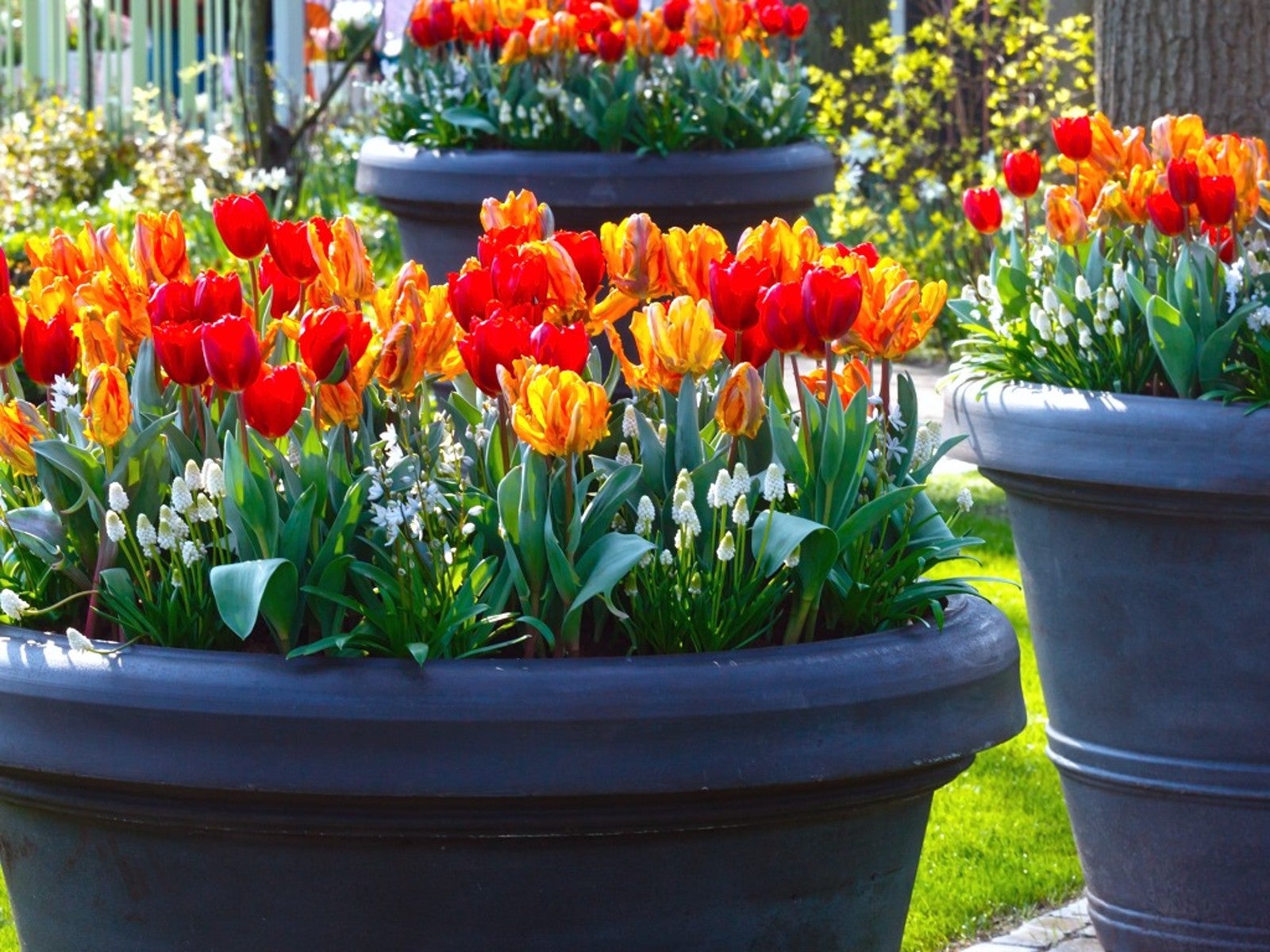 How To Plant Bulbs In Pots - Lasagna Style
How To Plant Bulbs In Pots - Lasagna StylePlanting bulbs in containers is an easy way to create a gorgeous spring porch arrangement, especially when you use the lasagna method.
By Laura Walters